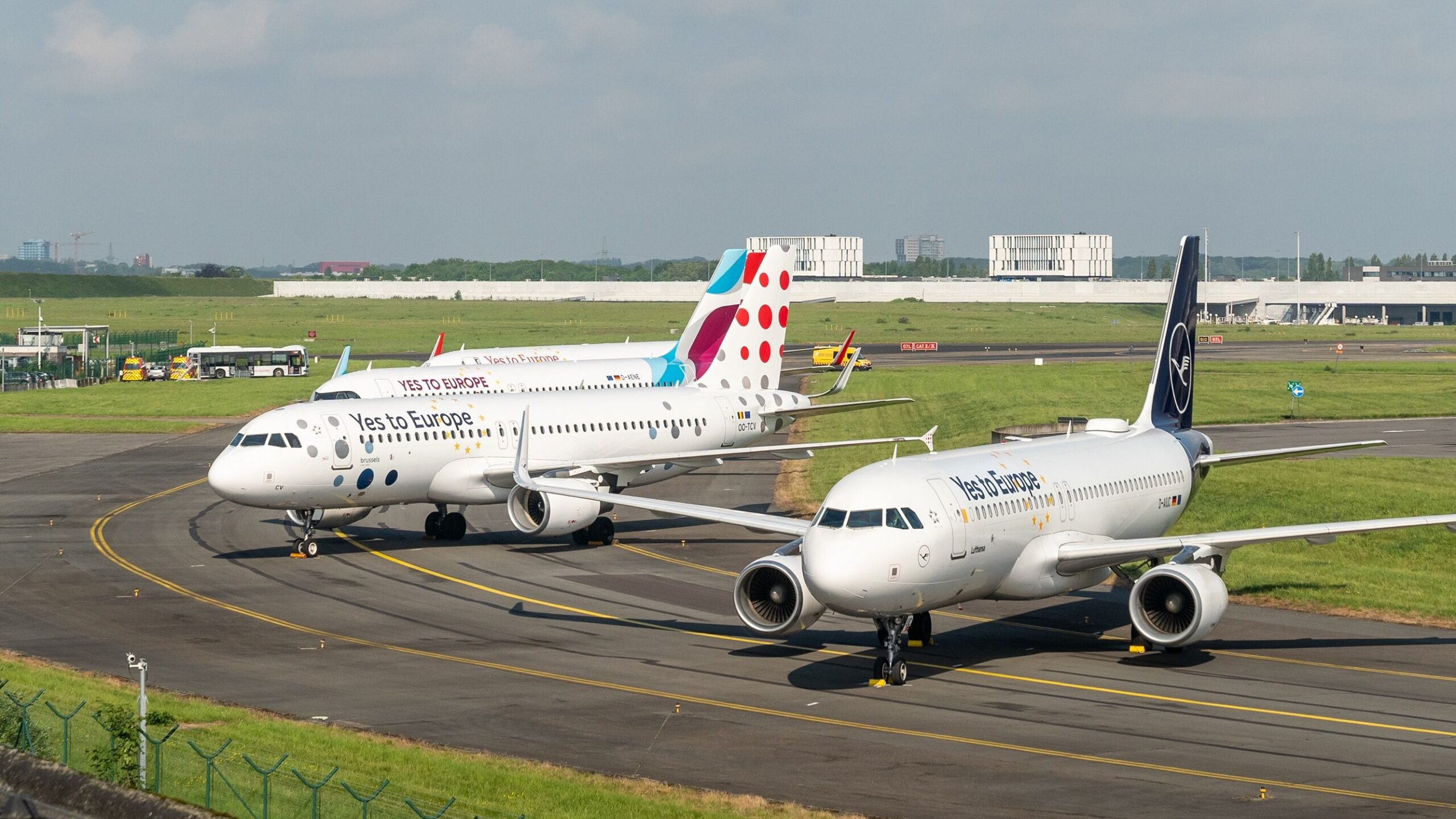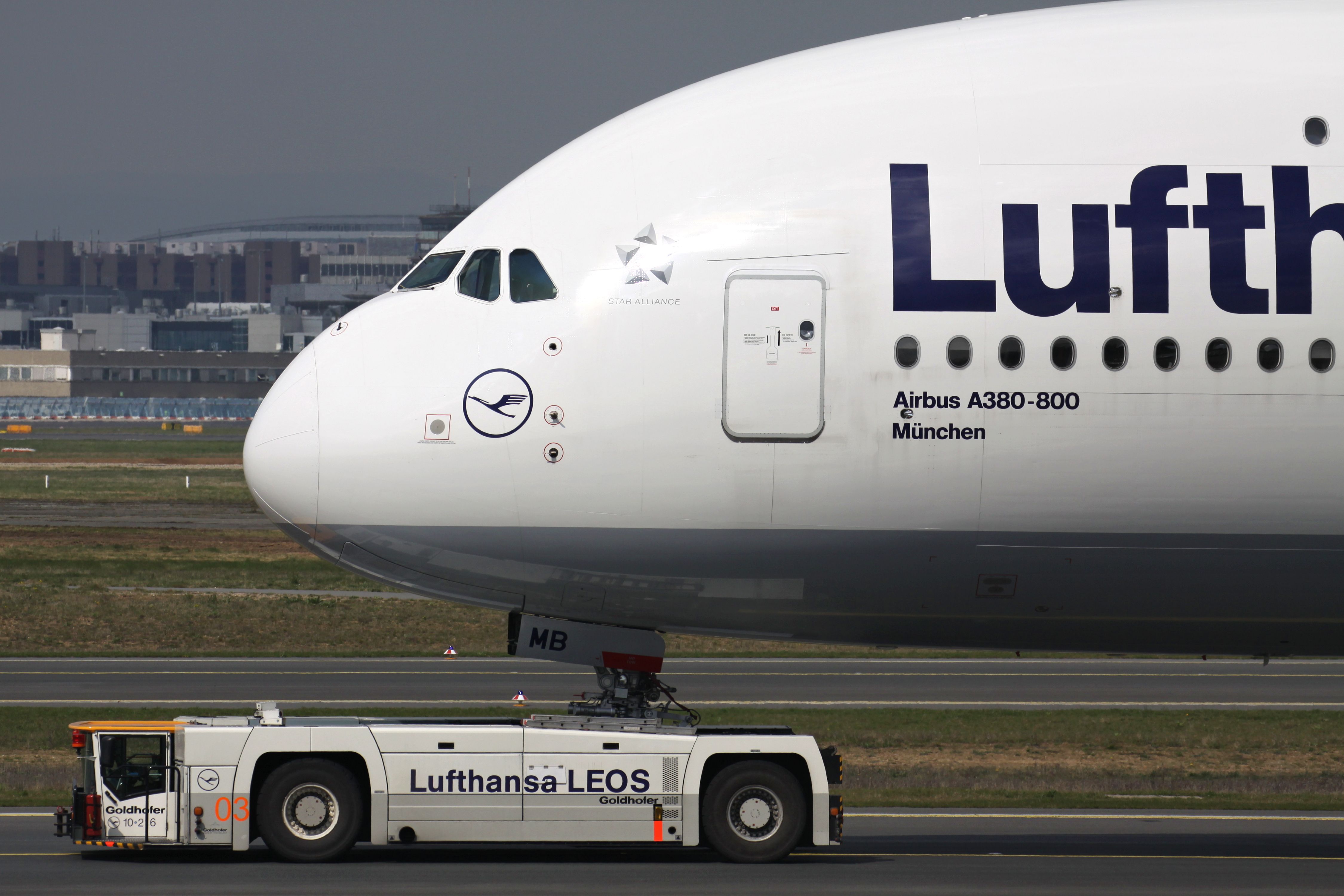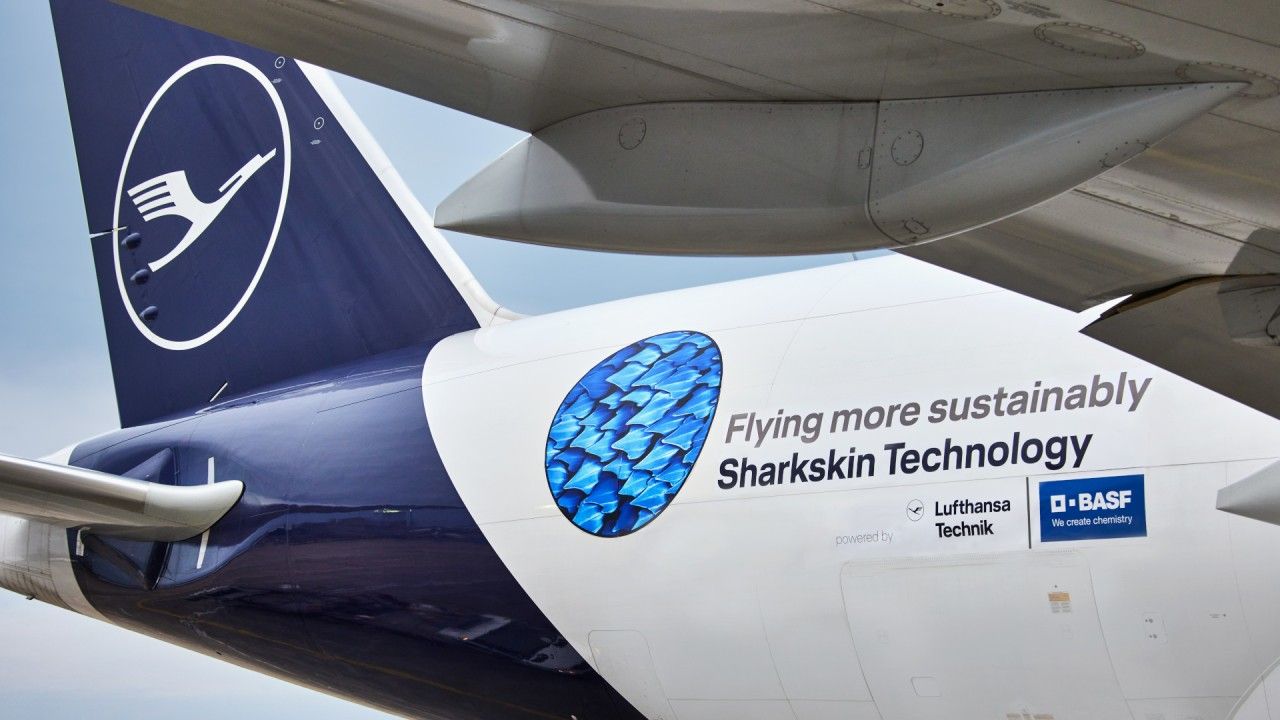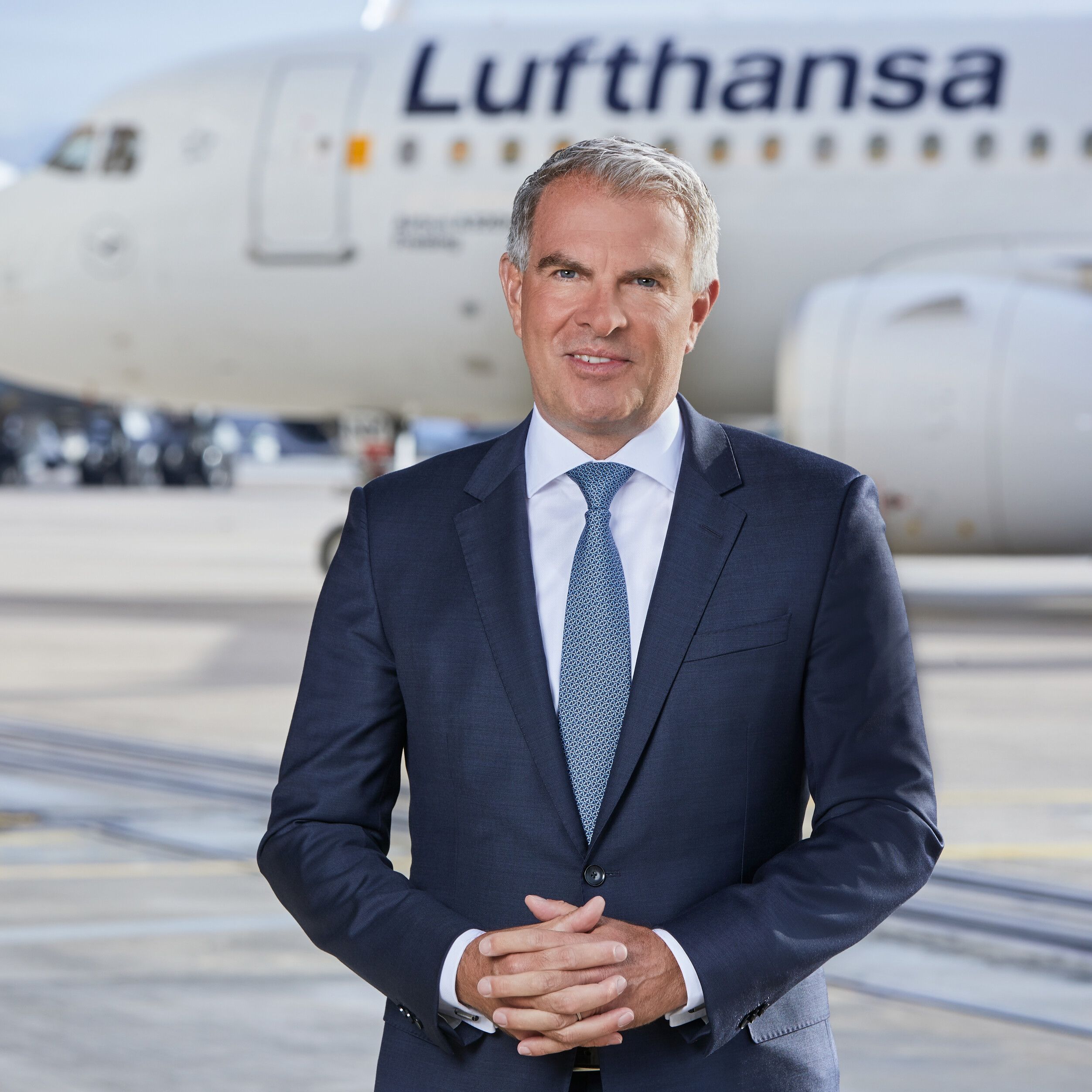Summary
- The Lufthansa Group will add an environmental surcharge on all flights departing the EU, the United Kingdom, Norway, and Switzerland.
- Ranging between the €1 ($1.07) and €72 ($76.95), the surcharge will apply on all flights on January 1, 2025.
- Lufthansa has been previously critical of the EU’s regulatory environment, including high climate-related taxes, fees, and charges.
The Lufthansa Group is introducing an environmental surcharge to all flights departing the European Union (EU), as well as the United Kingdom, Norway, and Switzerland, with the latter two being part of the European Free Trade Association (EFTA). The airline group argued that it would be unable to bear the additional costs related to environmental concerns.
Mandatory sustainable aviation fuel (SAF) blend
According to the group’s statement on June 25, 2024, the surcharge was introduced to offset costs associated with regulatory environment requirements, which includes a mandatory sustainable aviation fuel (SAF) blend on all flights departing the EU. The charges were also introduced due to the adjustments to the EU Emissions Trading System (EU ETS) and other environment-related costs, including the Carbon Offsetting and Reduction Scheme for International Aviation (CORSIA), developed and adopted by the International Civil Aviation Organization (ICAO).
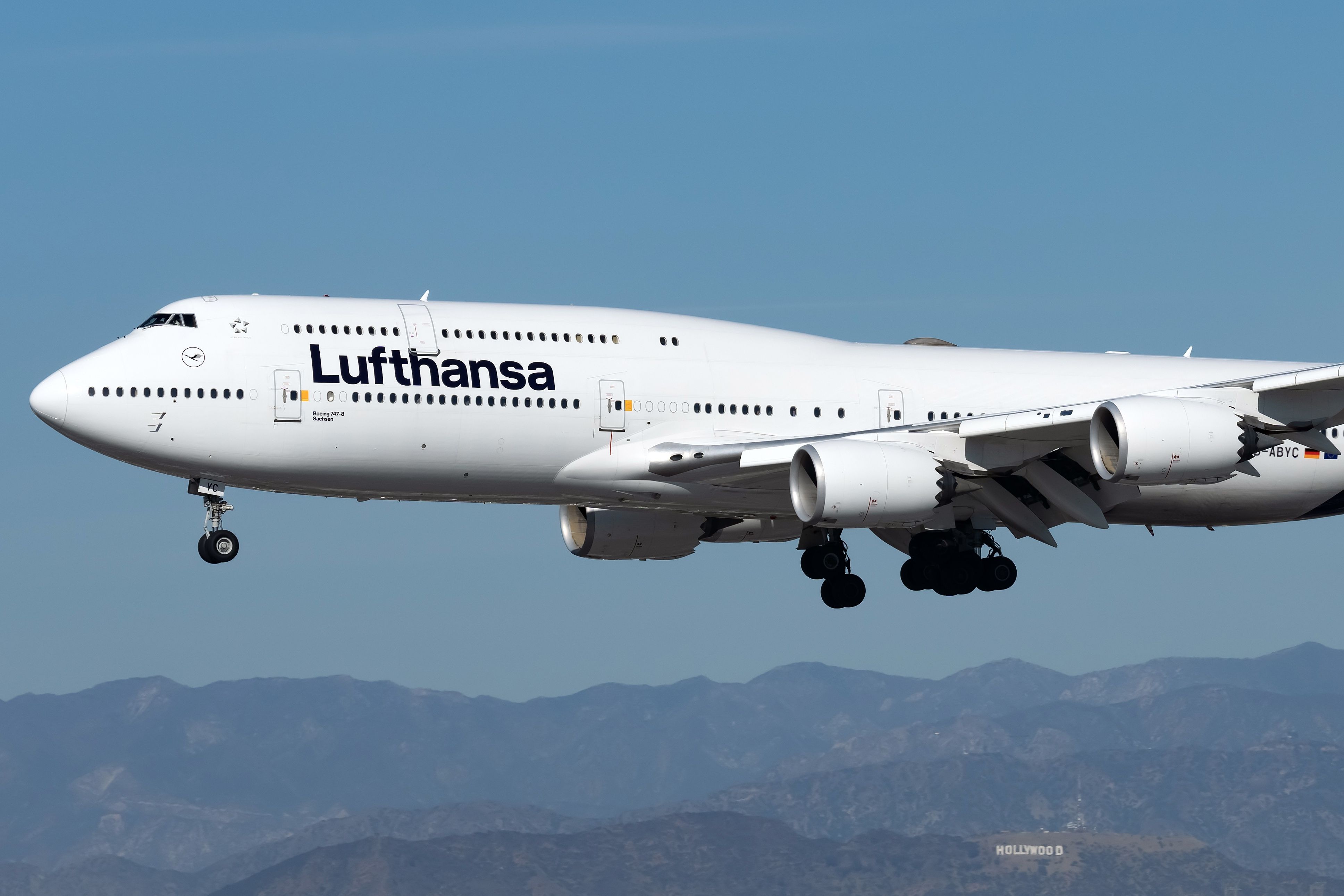
Related
EU Will Exempt Long-Haul Flights From Non-CO2 Emissions Tracking
The IATA has endorsed the exemption, while Europe’s low-cost giants strongly oppose it.
The surcharge will apply to all Lufthansa Group flights departing the 27 EU countries, the UK, Norway, and Switzerland, with the charge varying depending on the route and fare. The charge, which will apply for all departing flights starting January 1, 2025, will vary between €1 ($1.07) and €72 ($76.95). The group’s carriers will display the surcharge when booking a ticket with any of the airlines within the Lufthansa Group.
Photo: Bjoern Wylezich | Shutterstock
“The Lufthansa Group invests billions in new technologies every year and works together with partners on innovations that help to make flying more sustainable step by step and drive the scaling of key technologies beyond the Lufthansa Group.”
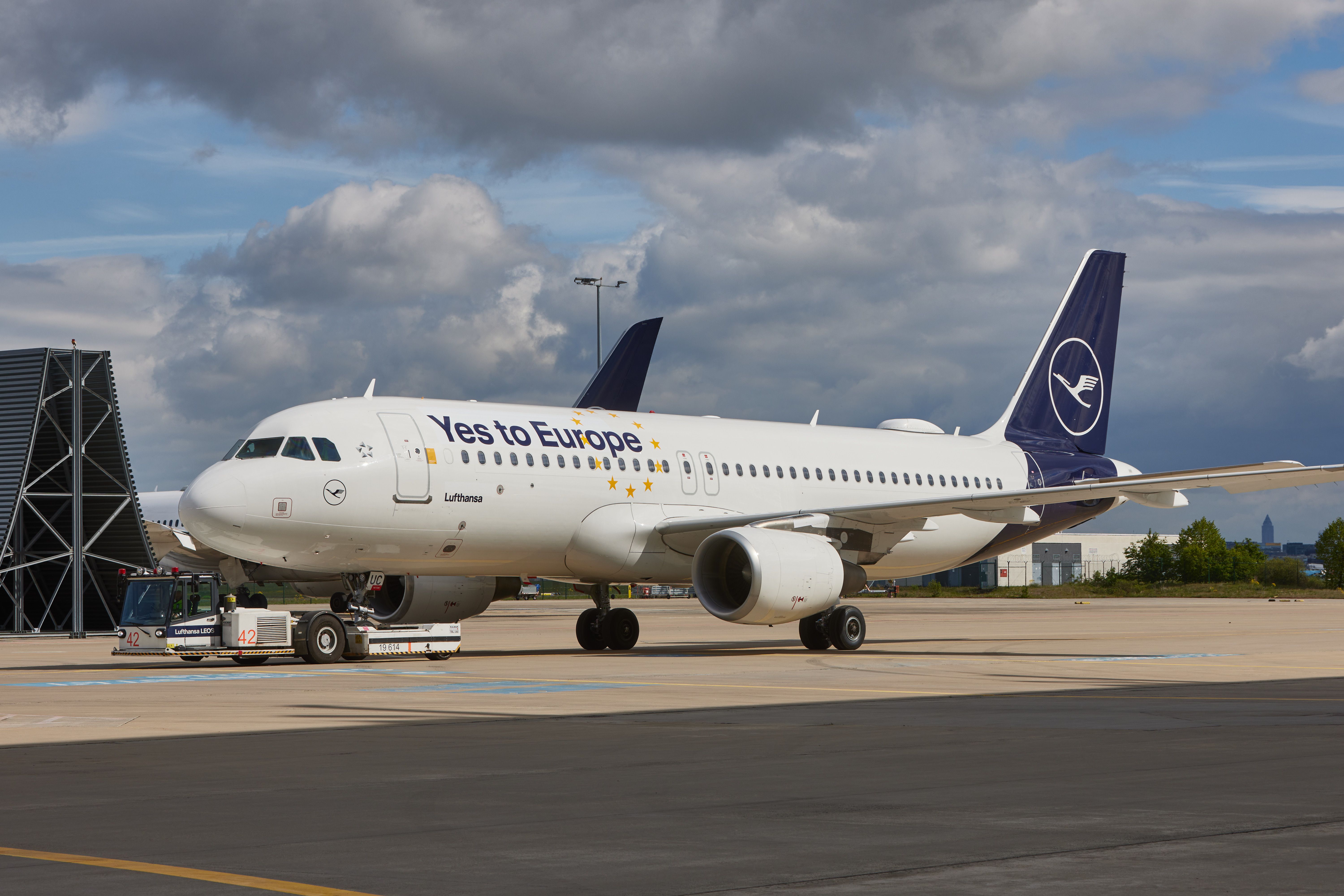
Related
IATA’s Walsh Slams Germany’s Unhealthy Obsession With Aviation Taxes
Germany has significantly increased passenger aviation taxes and IATA has hit back by accusing it of hampering the industry’s decarbonization.
Unable to bear additional costs
The group also pointed out that it has actively supported global climate and weather research. Still, it will be unable to bear the costs of the additional regulatory requirements in the coming years on its own, its statement added, noting that part of these expected costs will be covered by the surcharge.
In addition, Lufthansa Group reiterated that it set ambitious climate protection targets, aiming to be climate-neutral by 2050. By 2030, the airline group plans to halve its net CO2 emissions compared to the baseline of 2019 by using reduction and compensation measures. To become more climate-friendly, the group was investing in modernizing its fleet, optimizing its flight operations, using more SAF, and offering its private and business travelers or cargo customers options to make their itineraries more sustainable.
Photo: Lufthansa Technik
Providing background information, Lufthansa Group said that as part of the ‘Fit For 55’ climate protection scheme, the EU imposed mandatory SAF quotas that will increase gradually until 2050. Meanwhile, the EU ETS and CORSIA schemes have mandated certificate trading since 2012 and 2021, respectively.
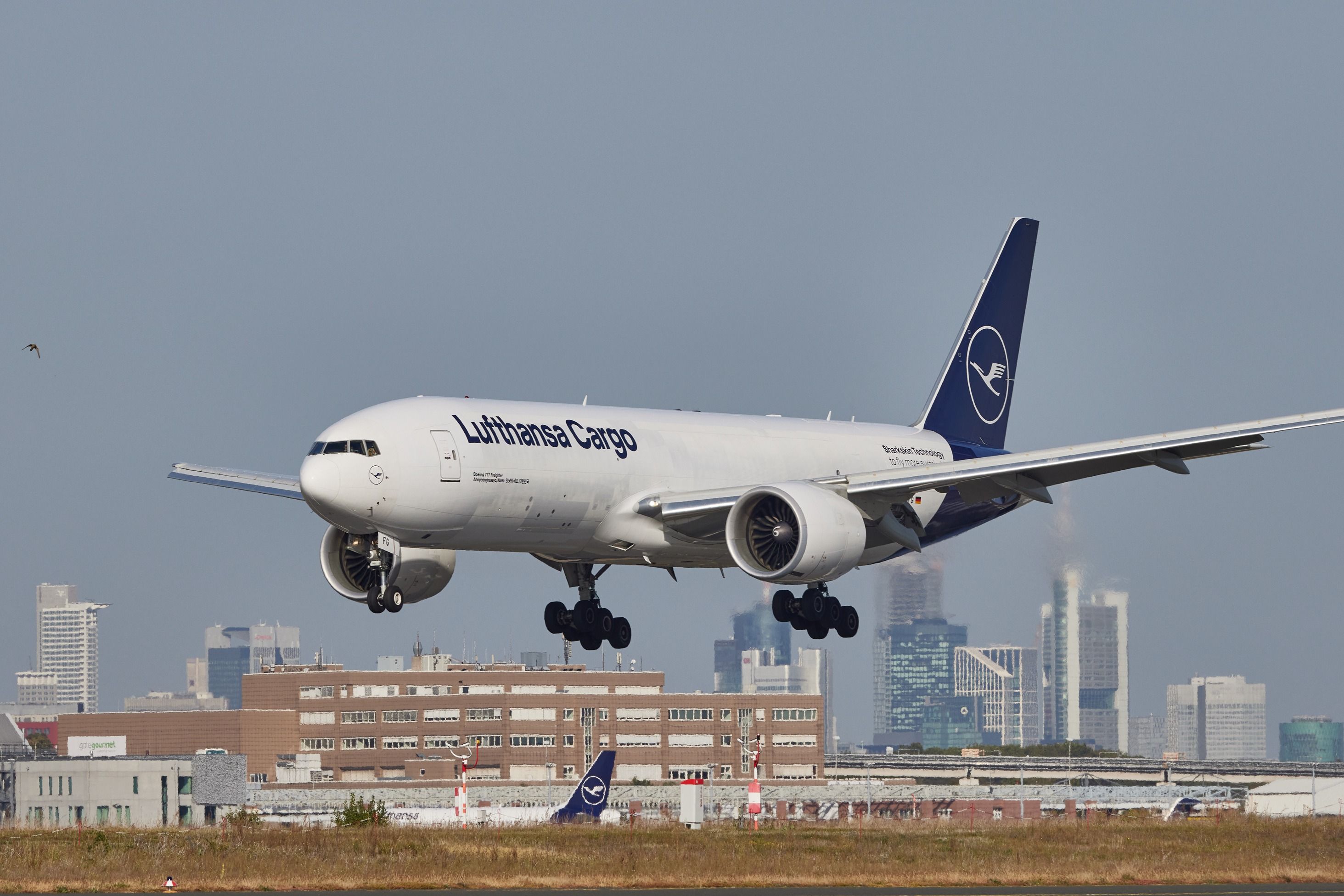
Related
4 Lufthansa Cargo Boeing 777s Now Have Shark Skin Exteriors
Lufthansa Cargo now has four Boeing 777Fs equipped with AeroSHARK, a film that is akin to a shark’s skin that reduces fuel consumption.
Critical of environmental regulations
During the group’s annual general meeting (AGM) with the company’s shareholders on May 7, Carsten Spohr, the chief executive officer (CEO) of Lufthansa Group, while emphasizing the group’s focus on premium travel, was highly critical of the regulatory environment in the EU.
Photo: Lufthansa Group
One of the examples pointed out by the executive was the rising costs and, subsequently, prices for long-haul flights due to the ‘Fit for 55’ mandates. Spohr remarked that if a customer were to take a flight from Barcelona El Prat Airport (BCN) to Tokyo, Japan, via Frankfurt Airport (FRA), the scheme would increase the price of the flight by €230 ($245.71), while the same itinerary but with a stopover in Istanbul Airport (IST) would increase the fee by €35 ($37.39).
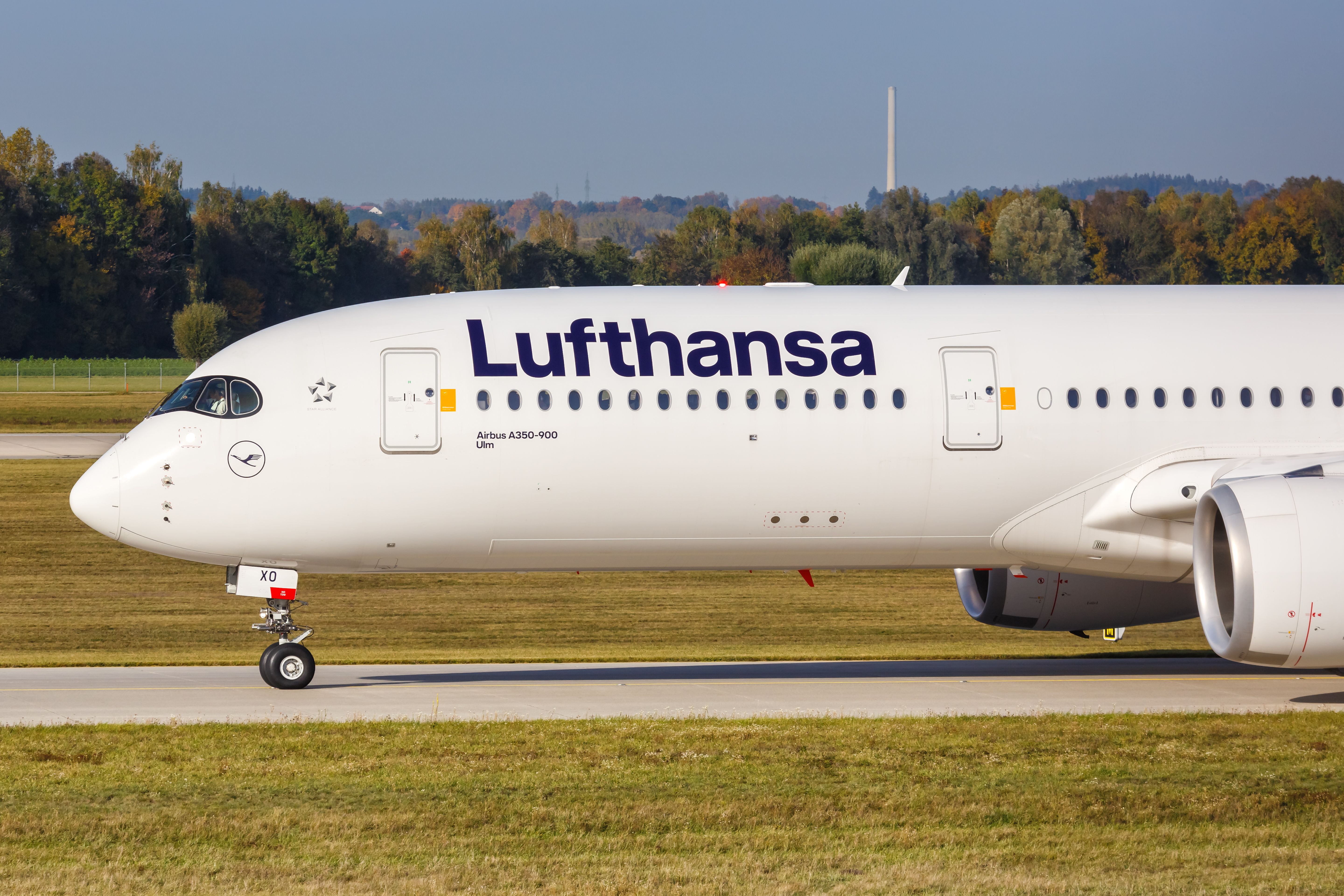
Related
Lufthansa Focuses On A Premium Travel Experience While Critical Of EU Environmental Policies
While the group was proud of its 2023 financial results, it was also highly critical of the policies in Germany and the EU.

